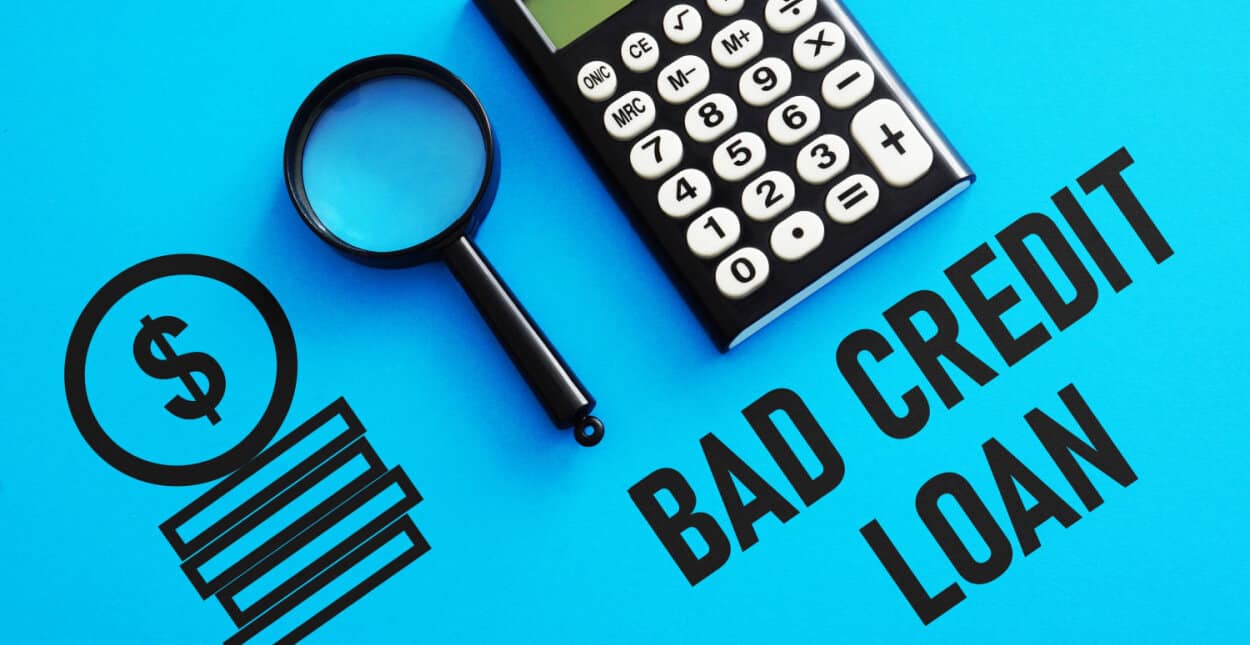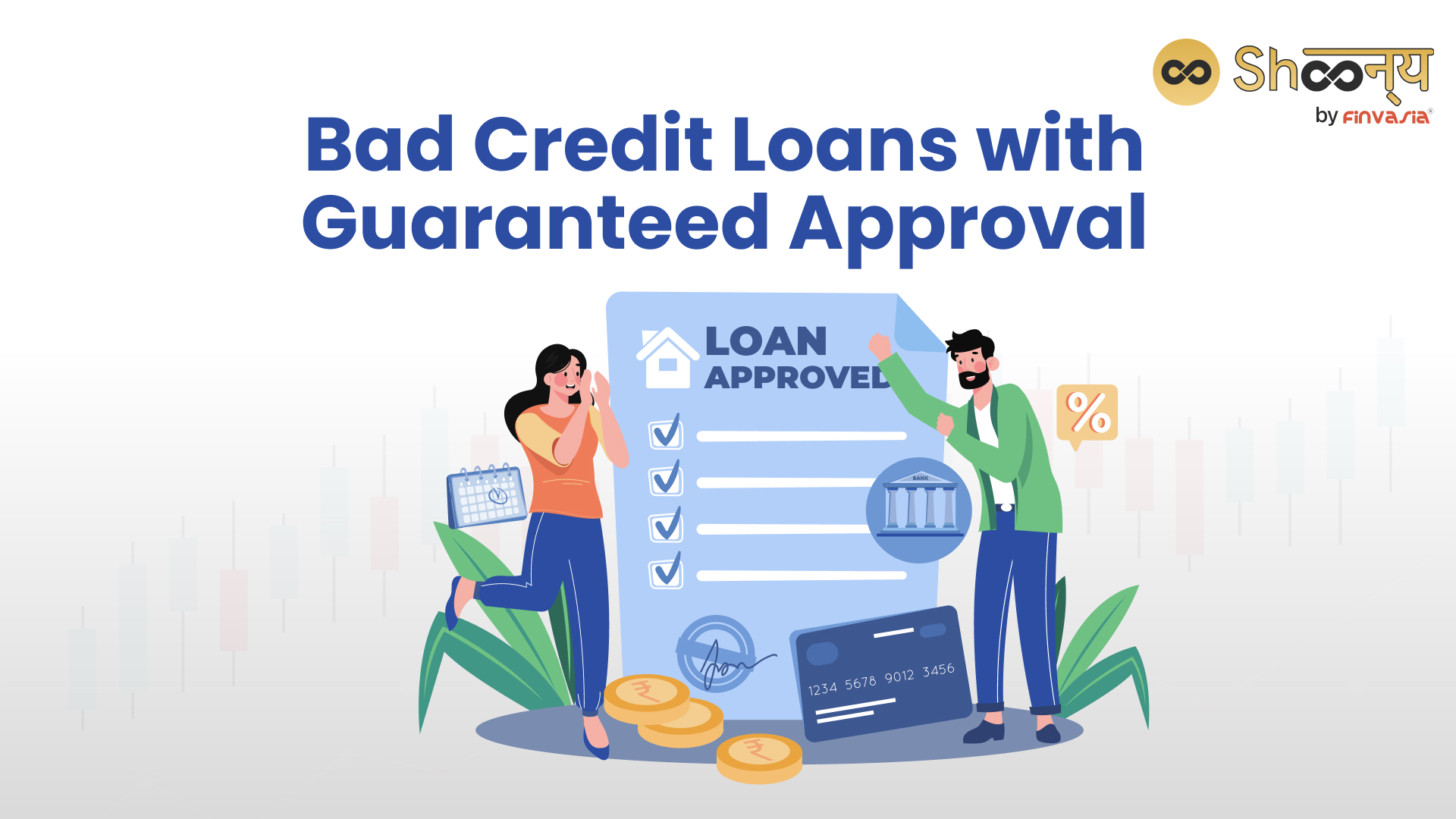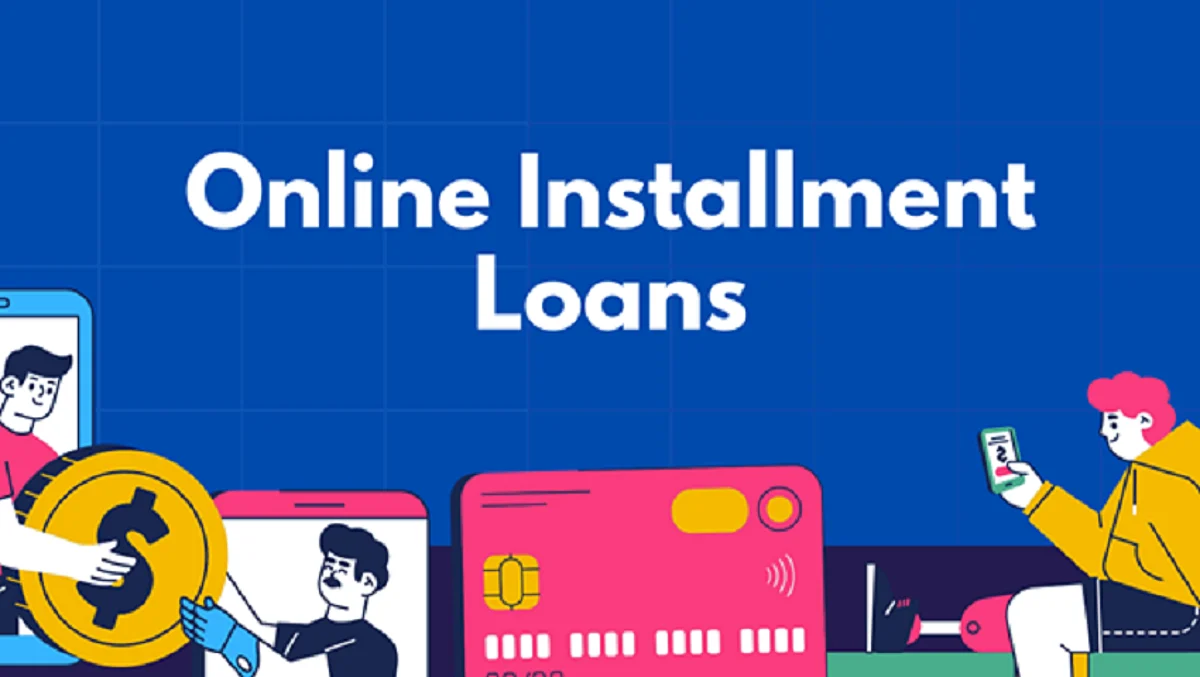Loans For Bad Credit Online Guaranteed Approval

The allure of quick cash can be powerful, especially for individuals facing financial hardship and struggling with poor credit. Promises of "Guaranteed Approval" for online loans targeted at this vulnerable demographic are flooding the internet. But beneath the surface of these seemingly helpful offers lies a complex web of potential risks, inflated interest rates, and deceptive practices that can leave borrowers worse off than when they started.
This article delves into the burgeoning market of online loans marketed towards individuals with bad credit, examining the reality behind the "Guaranteed Approval" claims. We will explore the types of lenders operating in this space, the typical terms and conditions associated with these loans, the potential dangers of accepting them, and resources available for individuals seeking legitimate and safe financial assistance. It also aims to dissect whether the term "Guaranteed Approval" is truly achievable and ethical, or simply a marketing tactic to lure in desperate borrowers.
The Appeal and the Reality of "Guaranteed Approval"
The phrase "Guaranteed Approval" is a major draw for people with low credit scores who have been turned down by traditional lenders. It suggests a solution to their immediate financial problems, offering a lifeline when other doors seem closed.
However, it is crucial to understand that truly guaranteed approval is a myth. Legitimate lenders are required to assess a borrower's ability to repay a loan, as mandated by regulations like the Truth in Lending Act.
Any lender promising unconditional approval is likely either engaging in predatory lending practices or operating an outright scam. According to a report by the Federal Trade Commission (FTC), many companies using this language are attempting to gather personal information for fraudulent purposes.
Types of Loans and Lenders in the Bad Credit Market
Several types of loans are commonly marketed to individuals with bad credit, including payday loans, installment loans, and title loans. Payday loans are short-term, high-interest loans designed to be repaid on the borrower's next payday.
Installment loans allow borrowers to repay the loan in a series of scheduled payments over a longer period. Title loans are secured by the borrower's vehicle, putting them at risk of repossession if they cannot repay the loan.
The lenders operating in this market range from legitimate online lending platforms to unscrupulous businesses operating from offshore locations. Many tribal lenders, which operate under the laws of Native American tribes, often offer loans with high interest rates and fees that may be exempt from state usury laws.
The Dangers of High Interest Rates and Fees
One of the most significant dangers associated with these loans is the exorbitant interest rates and fees charged. Payday loans, for example, can carry annual percentage rates (APRs) of 400% or higher.
These high rates can quickly trap borrowers in a cycle of debt, making it impossible to repay the loan without taking out another. The Consumer Financial Protection Bureau (CFPB) has issued warnings about the dangers of payday loans, emphasizing their potential to create long-term financial instability.
Hidden fees, such as origination fees, prepayment penalties, and late payment fees, can further increase the cost of borrowing. Borrowers need to carefully read the fine print of any loan agreement before signing to understand the true cost of the loan.
Data Security and Privacy Risks
Applying for loans online requires borrowers to share sensitive personal and financial information. This information can be vulnerable to data breaches and identity theft if the lender does not have adequate security measures in place.
Unscrupulous lenders may sell borrower information to third parties for marketing purposes or even use it to commit fraud. Borrowers should check if the lender uses secure encryption on their website.
The FTC provides resources and guidance on how to protect yourself from identity theft and online scams.
Alternatives to "Guaranteed Approval" Loans
Individuals with bad credit have alternative options for obtaining financial assistance that are safer and more affordable. Credit counseling agencies can help borrowers create a budget, manage debt, and improve their credit score.
Community development financial institutions (CDFIs) offer loans and financial services to underserved communities. Some employers offer employee assistance programs (EAPs) that provide financial counseling and short-term loans.
Exploring options like secured credit cards or asking family and friends for help can also be better than resorting to predatory loans.
Regulatory Oversight and Consumer Protection
The regulation of online lending is a complex and evolving area. The CFPB plays a key role in enforcing federal consumer financial protection laws and investigating complaints against lenders.
State attorneys general also have the authority to investigate and prosecute lenders engaging in unfair or deceptive practices. It is essential for borrowers to know their rights and report any suspected fraud to the appropriate authorities.
Greater transparency and stricter enforcement of existing regulations are needed to protect vulnerable consumers from predatory lending practices.
Looking Ahead: Promoting Financial Literacy and Responsible Lending
The persistent demand for "Guaranteed Approval" loans highlights the need for improved financial literacy. Educating consumers about the risks of high-interest loans and the availability of alternative financial resources is crucial.
Promoting responsible lending practices, such as providing clear and transparent loan terms and ensuring that borrowers have the ability to repay, is essential for creating a fair and sustainable lending market.
By working together, policymakers, lenders, and consumer advocates can help ensure that individuals with bad credit have access to safe and affordable financial solutions, rather than falling prey to deceptive and harmful lending practices.


















